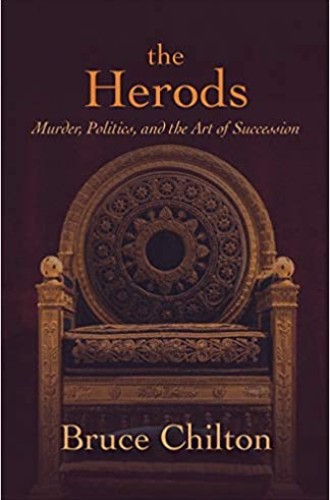Understanding the biblical Herods
Bruce Chilton moves Herod the Great and Herod Antipas from backdrop to center stage.
Herod is offstage in most nativity plays, because no one wants a villain on Christmas Eve. Instead, the wise men warn the holy family about the mean man who’s looking for them, then the Magi go home by another route just to avoid him. Herod never takes the stage.
So it goes for Herod—in fact, for the Herods, since at least a couple of men go by that name in the New Testament. They are supporting characters, window dressing, straw men. Probably the most apt metaphor for Herod the Great and his descendants, like all of the power players in Judea at the time of the New Testament, is that they are the backdrop in front of which the drama of the Christ story takes place. And we rarely think of them as more than that, which is why many of us don’t know the difference between Herod the Great (who orders the massacre of the Holy Innocents in Matthew) and Herod Antipas (who orders the crucifixion of Jesus).
Bruce Chilton aims to remedy that, and he does so in easy, readable prose that moves the reader through a string of family members who outdo one another in huge personalities, pandering insecurities, and murderous tendencies. Similar to the recent, brilliant novels by Madeline Miller and Natalie Haynes—which tell the tale of the Iliad and the Trojan War through the experiences of the secondary characters Patroclus and Helen, respectively—Chilton’s masterful new book puts the Herods center stage. In so doing, he shines a new spotlight on Jesus and the early church.






